When a life-changing moment meets live streaming technology, the result can be both extraordinary and controversial. The streaming world witnessed something unprecedented when a content creator decided to share one of life's most intimate moments with thousands of viewers in real time. We are talking about a Twitch streamer who gave birth live on stream, a moment that shows how far platforms have moved beyond pure entertainment into places where creators share their most personal experiences. Yes, really.
This is not just about shock value, it represents a fundamental shift in digital intimacy and monetization. Twitch experienced massive growth during the pandemic, with concurrent viewership more than doubling from 1.26 million in 2019 to 2.78 million by 2021. What began as a gaming hub now hosts life updates, late-night confessions, and milestones that used to live inside family group chats.
The platform proves that evolution in visible ways. Streamers use their influence to raise significant funds for causes they care about, such as France's Z Event — for example, Z Event 2021 raised €10,064,480 for Action Against Hunger over the Oct 29–31, 2021 marathon (≈50 hours). At the same time, birth, relationships, and family drama turn into public spectacle. Research shows that live streamers on Twitch have emerged as influential social media personalities, creating new dynamics between creators and their communities that challenge traditional ideas of privacy and professional boundaries.
When streaming becomes life documentation
The line between public and private keeps blurring, and not only because people want attention. It is also economic survival wrapped in community building. Big moments spark the most engagement, subscriptions, and donations. Imagine inviting thousands to your wedding, then realizing they are also paying for their seats.
Streamers like Sarah have made pregnancy announcements live on Twitch, turning a private family reveal into a shared celebration that immediately drives revenue through donations and new followers. Sarah did not just share news, she crafted a moment the chat would clip, repost, and remember.
Here is the catch. Keeping an audience engaged makes ordinary life decisions feel like business moves. If your income depends on people watching you eight hours a day, taking time off for pregnancy, illness, or family emergencies becomes a financial crisis, not only a personal choice. Many pregnant streamers face difficult decisions about balancing family planning with career demands, often planning returns to streaming within weeks of major life events. Sarah planned to return two weeks after giving birth, treating childbirth like a quick leave instead of a major life transition.
The monetization structure makes this harder. Revenue patterns among top streamers create significant inequalities. Outside the top tier, every day offline is income you cannot get back. That reality turns intimate milestones into content opportunities, a loop where authenticity becomes job requirement.
The economics of extreme content
Why share increasingly personal moments? The math of attention. Success rides on memorable, shareable moments that travel beyond your regulars. Nothing spreads faster than raw honesty or a first-ever reveal.
Platform algorithms reward anything that keeps viewers watching. They do not care if the draw is entertainment or voyeurism, only the metrics. Deeply personal streams keep people in chat, boosting comments, subs, and donations. It feels like reality TV, only without scripts or a safety net, and the star is performing a real life, live.
Analysis of monetization data from top streamers reveals how revenue concentration affects content creation decisions. A few earn a lot, most scrape by. Smaller creators chase breakout moments that might lift them into the spotlight. Personal events like pregnancies, relationships, and family drama become strategy, because no one else can copy your life.
The result is a tricky balancing act. Viewers want the real you, and they also expect that realness to be gripping, dramatic, worth their time and money. That tension nudges creators toward sharing things earlier generations would have kept off camera, turning private experiences into income streams.
Twitch's evolution into a platform where streamers function as social media influencers heightens the pressure, because influencer success lives on parasocial bonds. Unlike traditional celebrities who keep distance, streamers thrive by cultivating the feeling of genuine friendship.
Platform responsibility and community standards
When personal moments become public, platform oversight gets messy. What is Twitch's responsibility if a creator decides to stream something as intimate as giving birth? That question sits at the crossroads of creator freedom, viewer safety, and brand risk.
Twitch constantly navigates content that pushes boundaries while trying to preserve authenticity. They want the realness that keeps viewers watching, yet they also need to be advertiser friendly. Live birth streams pose unique moderation challenges, both ordinary human events and, depending on context, potentially inappropriate content.
Moderating live, unpredictable, emotional moments is hard. Pre-recorded videos can be reviewed and edited. Live streams require split second calls from moderators who may not have clear guidance for first time scenarios. Should the platform step in if a creator goes into labor on stream? What happens when chat crosses lines during an intensely personal moment?
The platform's growth during the pandemic raised the stakes, with more creators testing limits and bigger audiences watching. More eyes means a bigger backlash when moderation misfires.
Community standards need to catch up with the reality that many streamers now treat Twitch like a full life log. Rules built for gaming clips struggle with medical procedures, family conflicts, and deeply personal scenes that defy neat categories.
What this means for streaming's future
The collision of personal life and public broadcasting is reshaping digital entertainment, and the ripple effects reach into healthcare, labor rights, and digital privacy. It is not just individual choice. It is an economic system that rewards intimacy at scale.
When your personality is the product, everything becomes potential revenue. That expectation is exhausting. It can be unsustainable, even for creators who love their communities.
There is a bright side. Streamers' ability to mobilize communities for charitable causes shows how parasocial energy can turn into real impact. The same emotional bond that sometimes feels intrusive can power large scale generosity when a creator asks for help.
The industry will need frameworks that support creators through major life transitions and keep content ethical. Economic safety nets that do not require performing personal trauma for income, smarter moderation that can tell the difference between honest sharing and exploitation. I do not think the urge to share will fade, but the guardrails can get better.
The documented influence of Twitch streamers as social media personalities suggests platforms will keep evolving beyond traditional entertainment toward something closer to a digital public square, where personal and professional life fully merge.
As streaming weaves deeper into creators' personal lives, platforms need policies that protect both streamers and viewers while preserving the spark that makes live content compelling. Not censorship, sustainability. Careers that do not demand total disclosure.
The bottom line is that we are witnessing the birth of new forms of digital labor and intimacy. Events like live births on stream are early stress tests, probing what audiences will accept and what platforms will allow. The question is not whether this trend continues, it is whether we can build ethical frameworks that protect human dignity while keeping the genuine connections that make streaming culture worth showing up for.




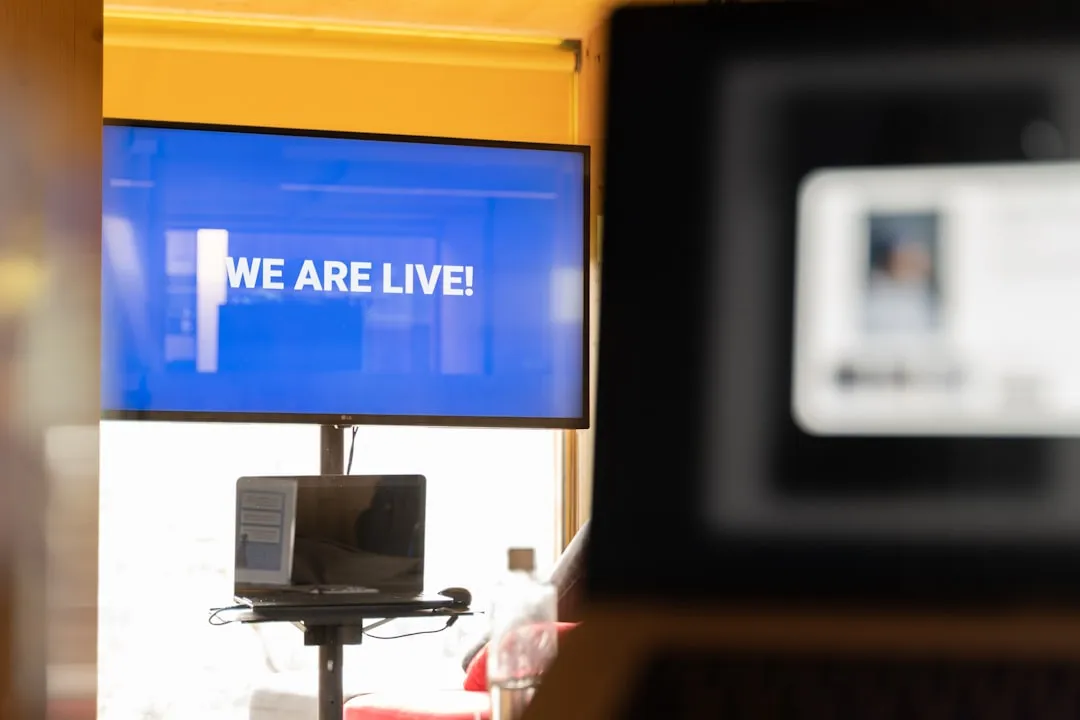
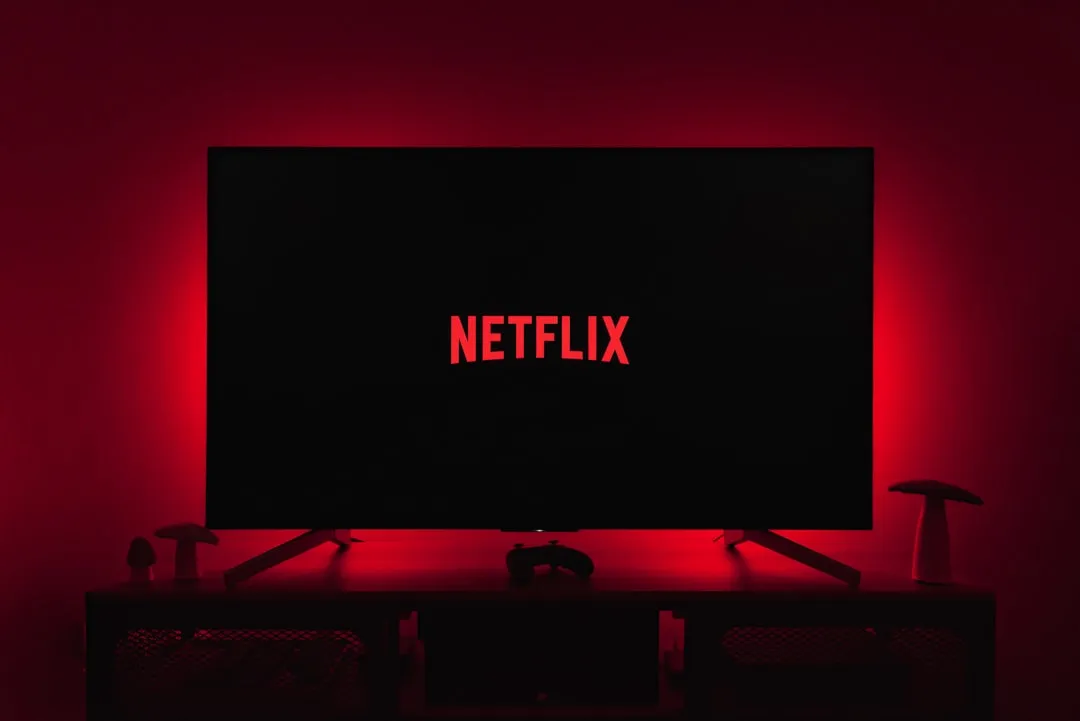
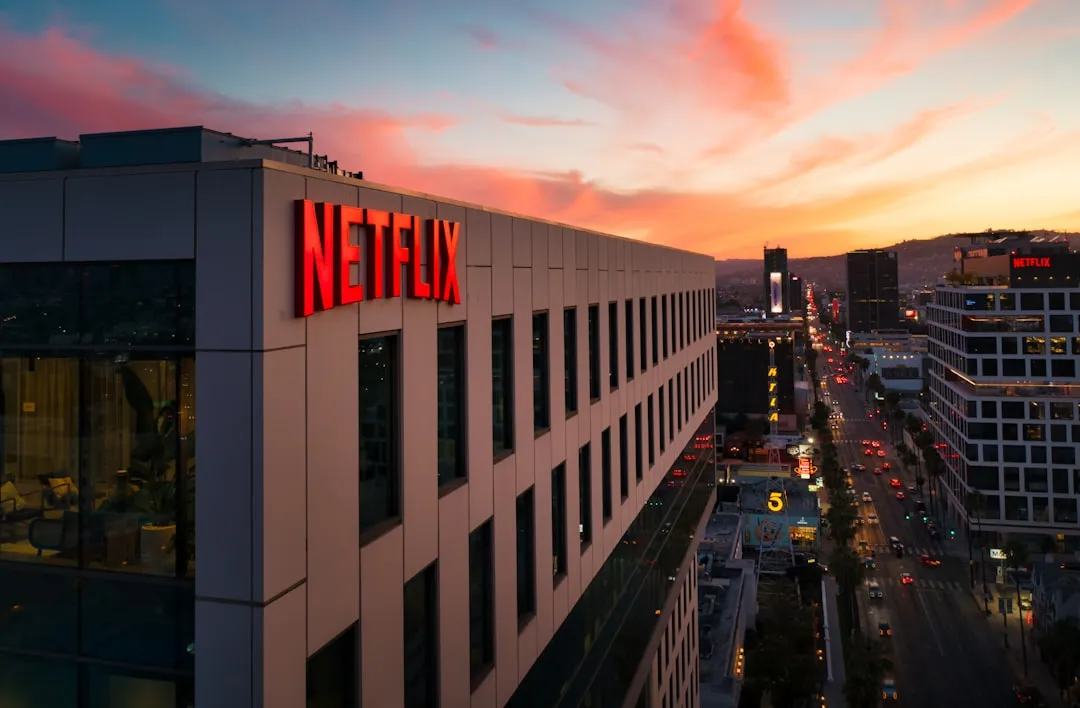

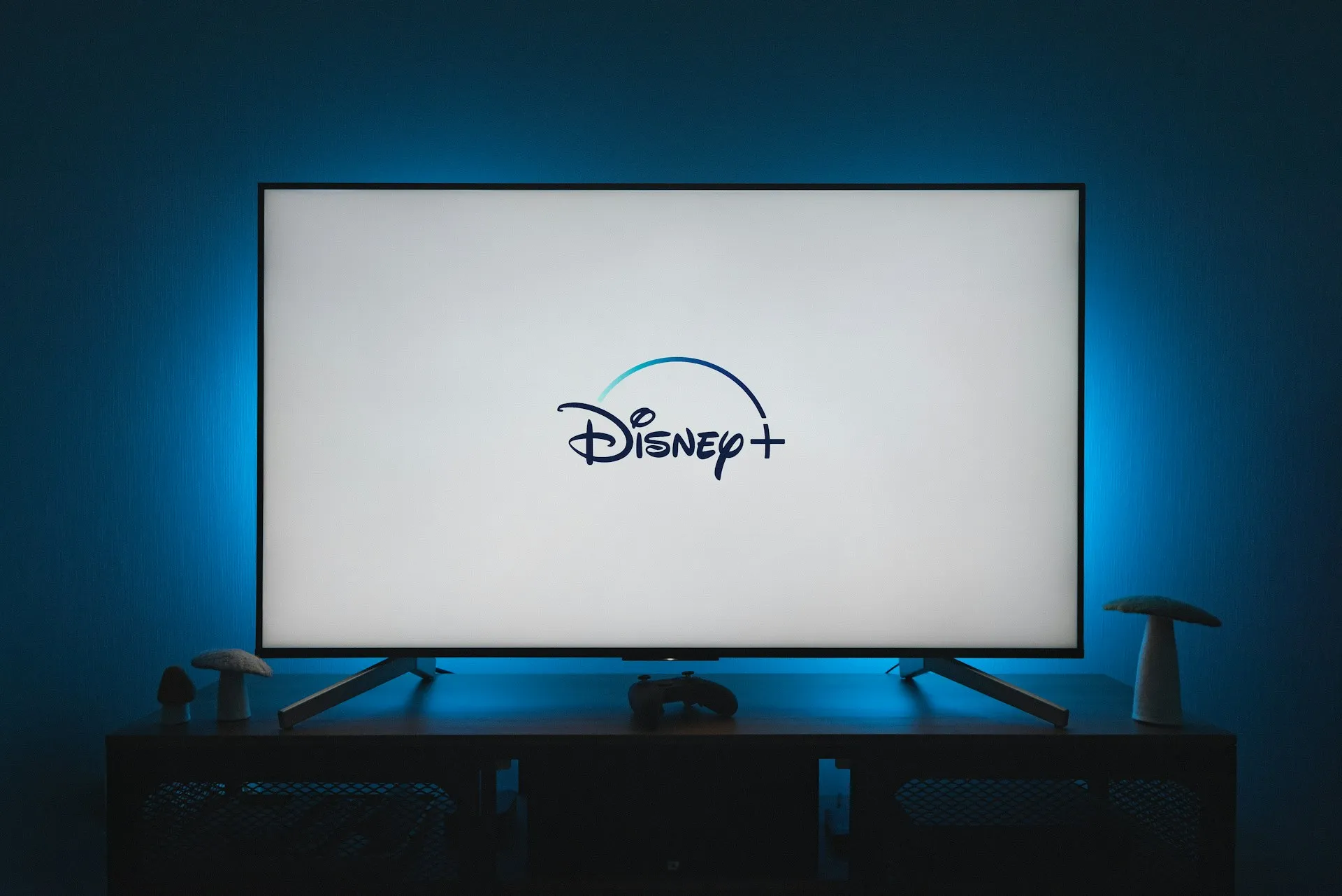


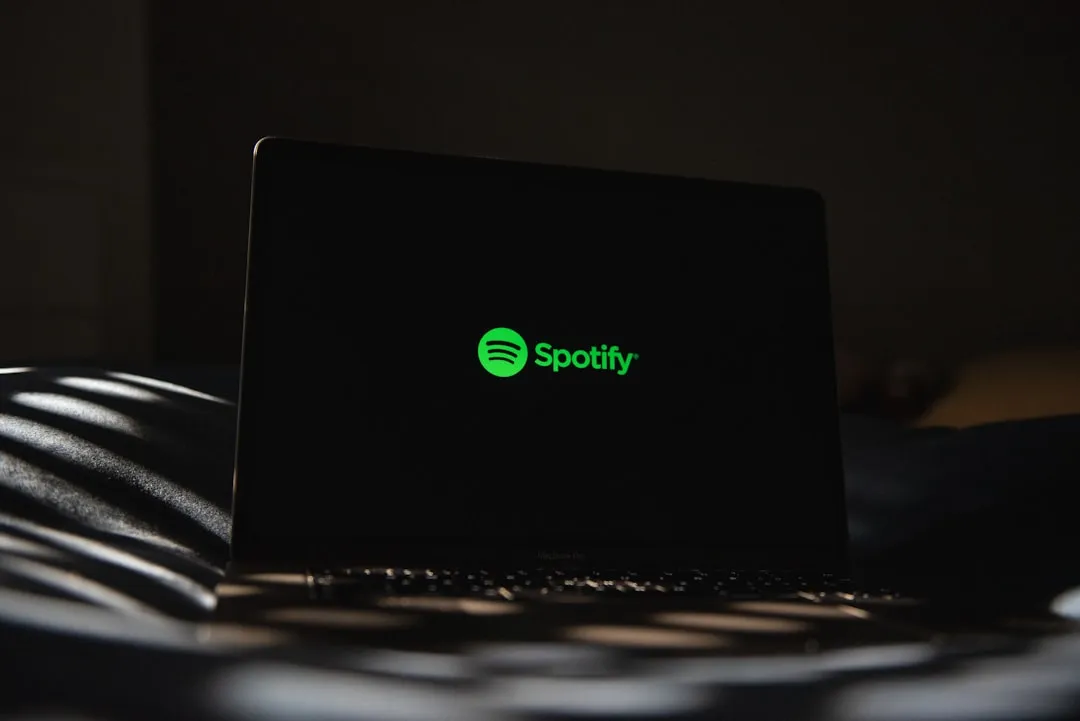




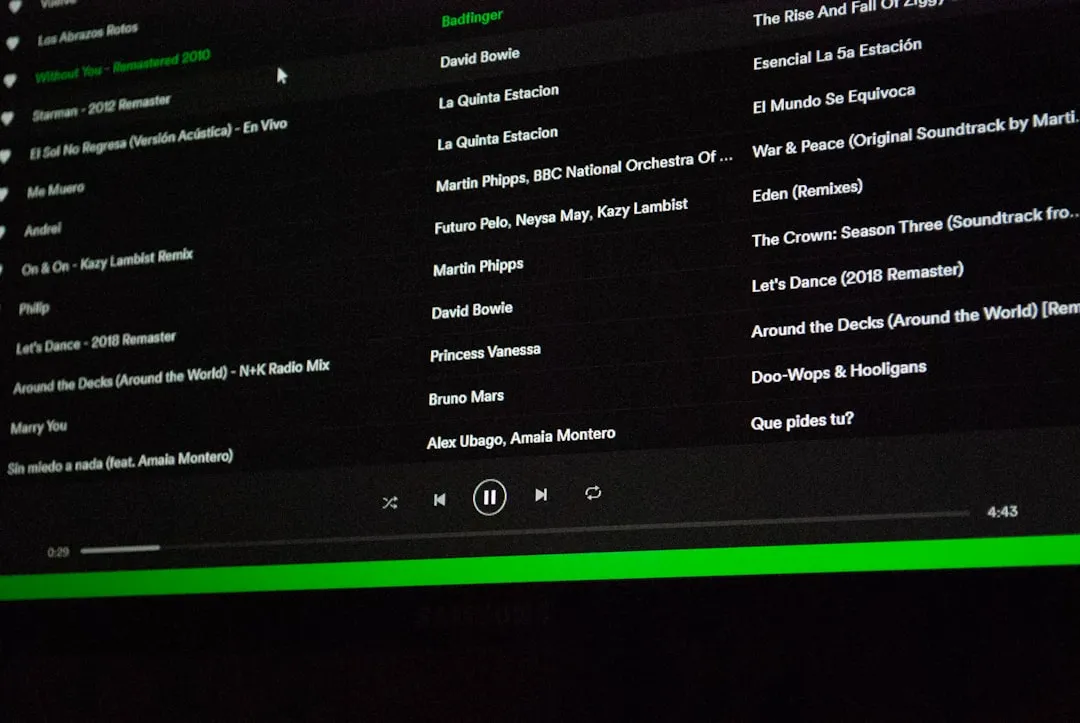
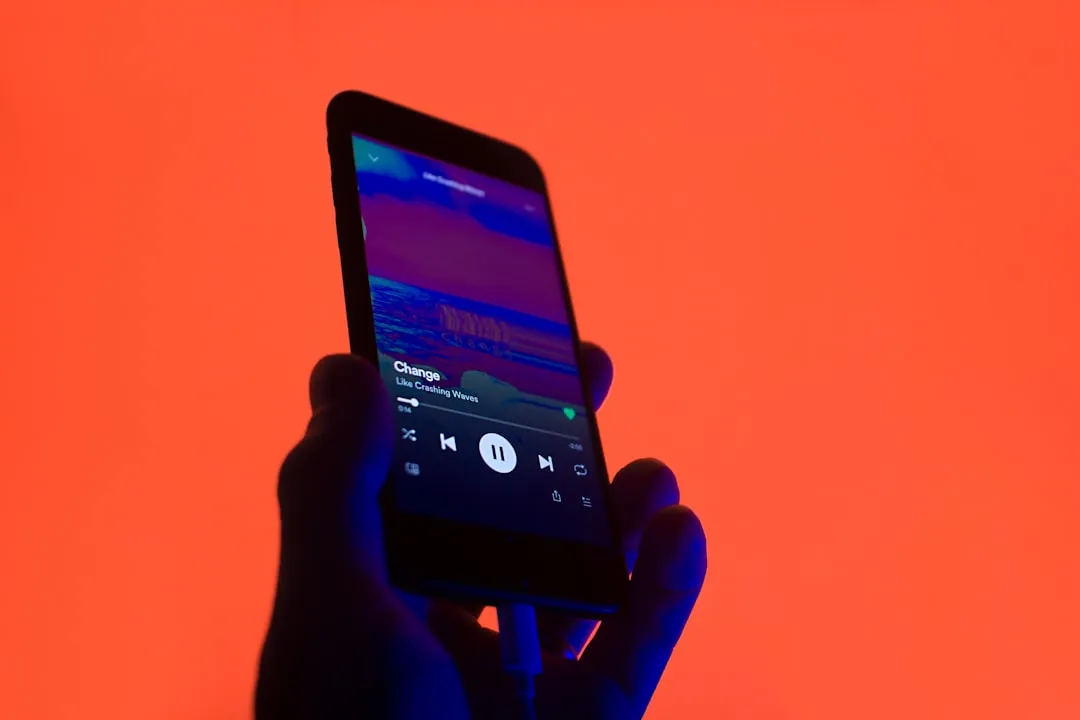
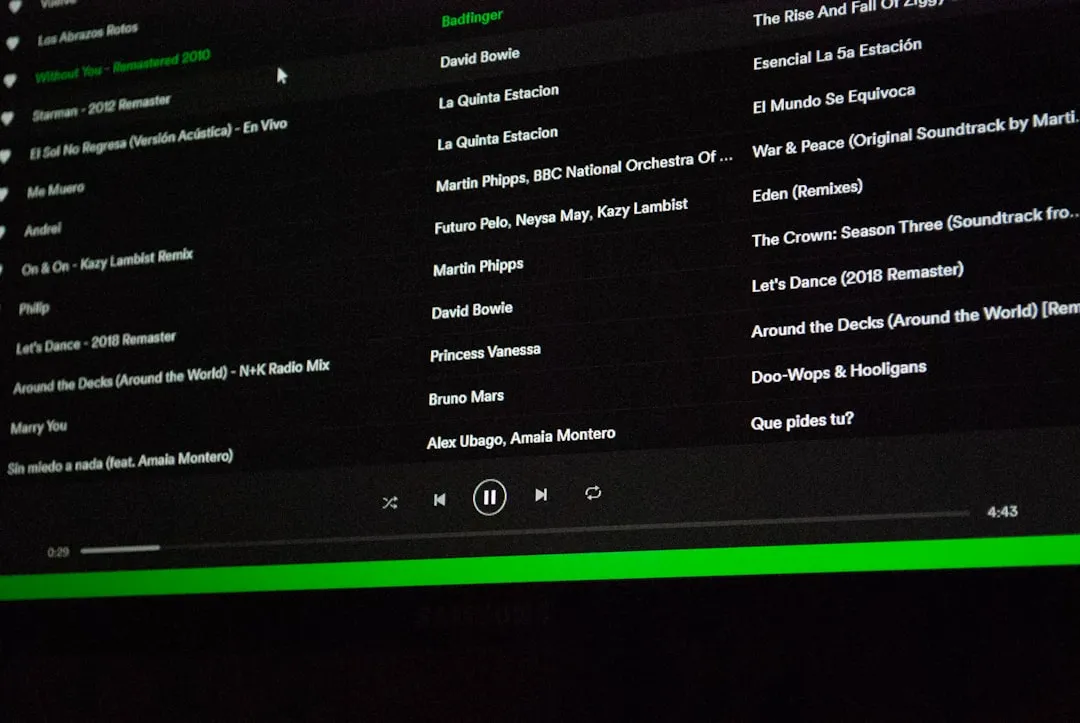
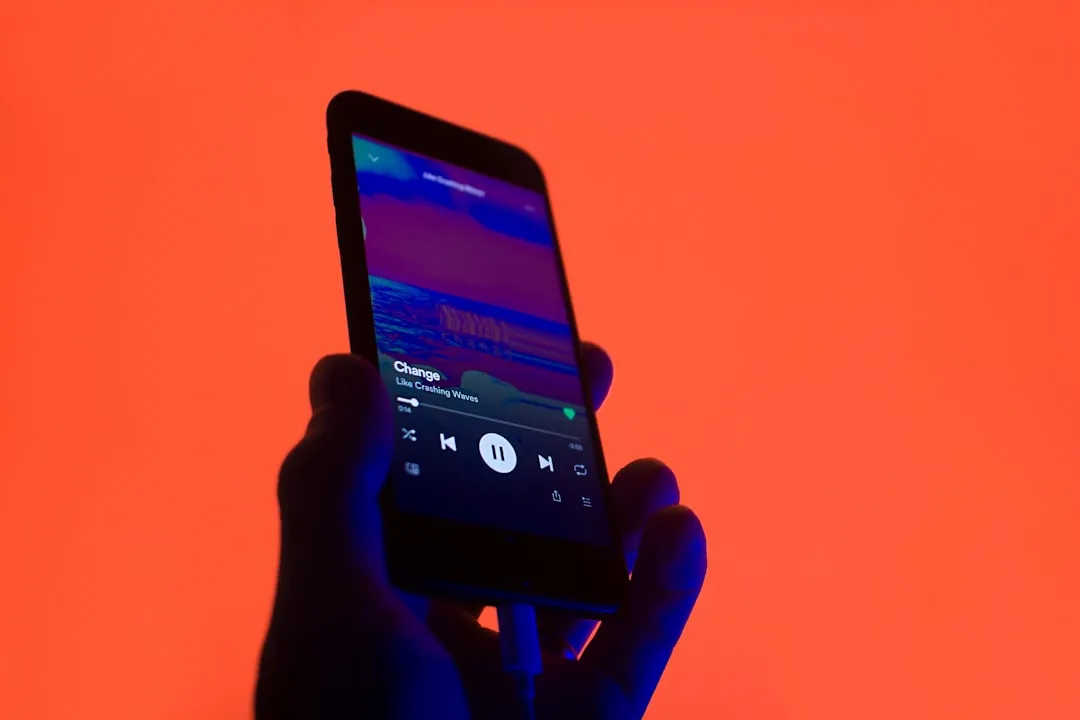
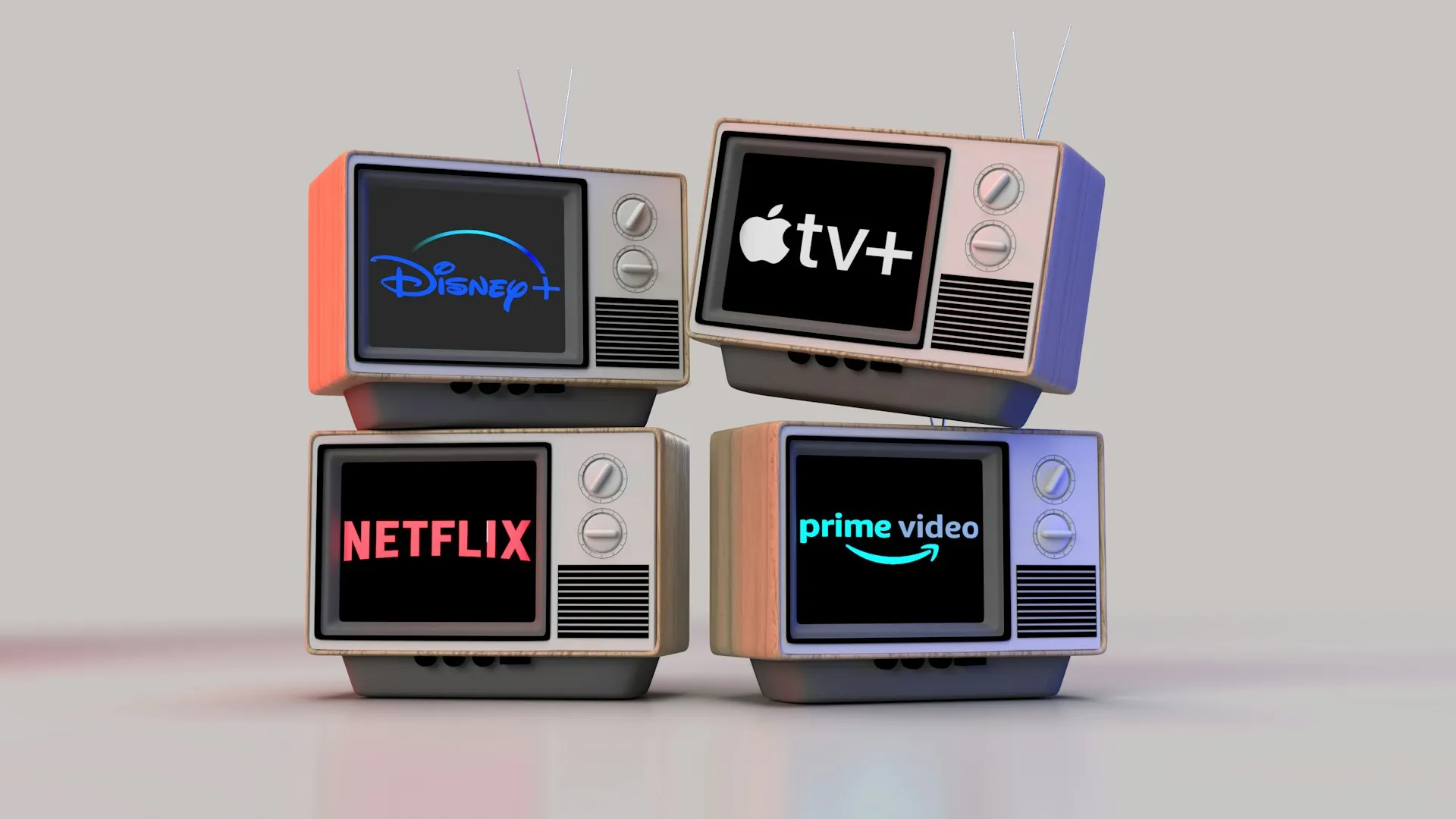
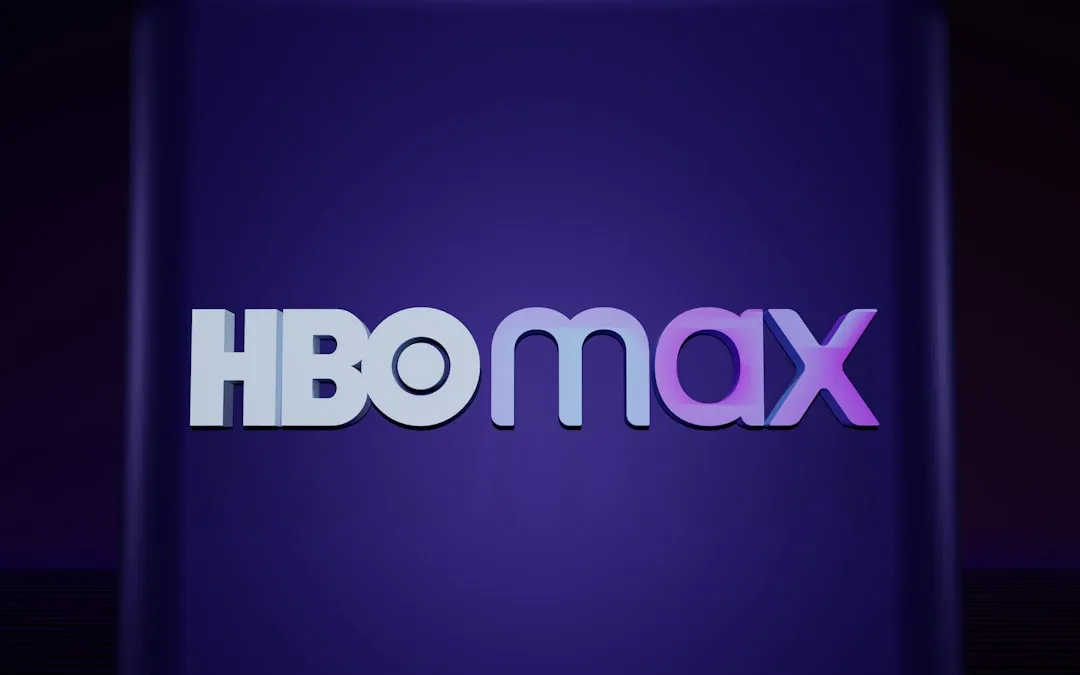



Comments
Be the first, drop a comment!